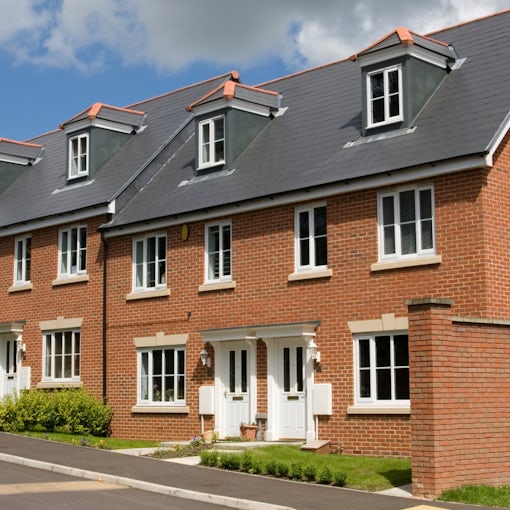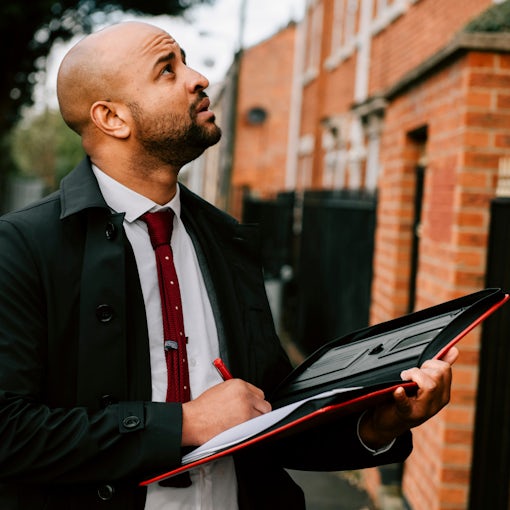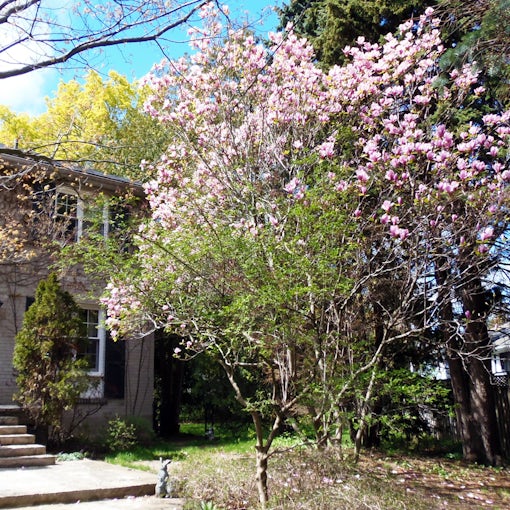It is no secret that saving up for a deposit for your first home can seem like a daunting task. The housing market has seen a significant increase in house prices in the past 20 years and with the current UK economy, it has become harder for many (not just young adults!) to buy their first home.
However! Do not feel disheartened because we have put together a few cost-reducing and savings-boosting tips to get you closer to your goal.
How much deposit will I need?
The average first time buyer will put down a deposit of between 15-20% of the agreed sale price but there are some lenders that only require a deposit of just 10%. The average price of a property in Peterborough over the last 12 months is £225,585 which means you would need to save at least £22,558 (10%).
For example, if you were looking to buy a home in Peterborough within the next three years, you would need to save £626 per month. If instead you were looking to buy over the next five years, you will need to save £375 per month.
It is worth noting that house prices are subject to change in line with a number of factors such as the economy or demand. In Peterborough, the average price of a property is 7% higher than it was last year.
You will need to determine the type of house and price you can afford based on your annual salary. A general rule of thumb to work out a ball-park figure is to times your annual salary by 4.5x. For example if your annual salary or combined household salary is £40,000 then you may be able to loan up to £180,000. The exact affordability figure will depend on much more than this, such as your monthly outgoings or outstanding loans. Without speaking directly to a mortgage lender or financial advisor, you can use online affordability tools such as MoneyHelper to get a better idea of what you can afford.
Tips to help you save:
Understand your finances
A good place to start is by reviewing your incomings and outgoings as a whole. You can do this by making a list of all your monthly income(s) and monthly expenses, this will help you see how much money you have left over and highlight where you may be overspending. For example, you may find that you are spending too much money on takeaways or you have rolling subscriptions that you no longer use.
Budgeting
Once you understand your finances a little better, you can then begin to set budgets for certain items you spend your money on. For example, you may wish to set a budget for how much you spend on food you buy outside of the home such as eating at a restaurant or buying lunch on your work break. Some people may find it easier to separate their money into separate accounts such as a Savings accounts, a Bills account and a Spending account (although it should be noted that opening a new bank account will lower your credit score temporarily). Alternatively, there are plenty of Apps available to download to help you budget and monitor your spending and some Banks offer this within their own App as well.
Limit your luxuries
You can simultaneously limit some of the more unnecessary luxuries alongside your budgeting. This does not mean you have to scale back completely, but it helps to be more conscientious when spending money on certain items. Good examples of this are buying brand-own products, using your car less or buying second-hand.
Sell items you no longer use
To help pad out your savings, why not sell items you no longer use? With platforms such as Facebook Marketplace, eBay, Vinted and Depop, it can be a straightforward way to make a little extra money on top. It is also an excellent way to reduce clutter before your big move!
Cut the cost of rent
Understandably, this can’t always be done. However, if you are in the fortunate position to be flexible with your accommodation then you could consider moving to a property that is cheaper to rent and if you have a spare room, consider a lodger to help pay the bills! Alternatively, moving in with a few friends or moving back in with your family will make a big difference to your expenses.
Every penny counts
Such a simple but effective way to save a little bit of money. Any time you have left over change, pop it in a jar! It may not seem like much at the time but if you squirrel away at least £2 a week in loose change then in 5 years time when your deposit is ready, you’ll have an extra £520 to add!
Be consistent with your Savings
The best way to save for the bulk of your deposit is by setting up a Savings account and regularly adding to it. Plan to deposit a certain amount each month e.g. £250 as soon as you get paid to make sure it doesn’t get spent by accident! There are lots of Saving accounts out there that can give you a good interest rate, especially if you commit to putting in as little as £50 per month.
If you are eligible, it is definitely worth researching the latest Government Backed schemes to help you save up for your deposit. For example, using a LIfetime Individual Savings Account (LISA) which allows you to put in up to £4000 each year and the government will add a 25% bonus to your savings, up to a maximum of £1,000 a year. Find out more about the different schemes on MoneyHelper.
Ask friends and family
Some people are fortunate to have family members who are able to help with a large chunk of the deposit, if that’s the case then excellent! Otherwise, you can always ask your friends and family for contributions towards your deposit instead of gifts for your Birthday or Christmas. If cold hard cash isn’t an option then homeware gifts are a great alternative so you can save on those costs and put more towards the property itself.
It is also worth asking friends or family who are in the property industry for help using their services. For example, you may have a relative who is a mortgage advisor, or a solicitor or maybe they do home removals. Often in this case, you may be able to get a friends-or-family discount to help with these extra expenses. Bonus!









